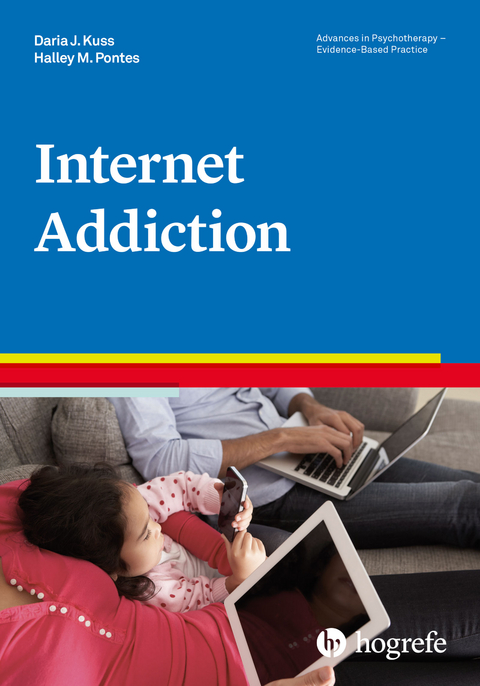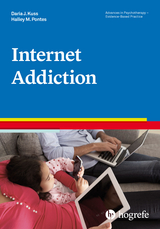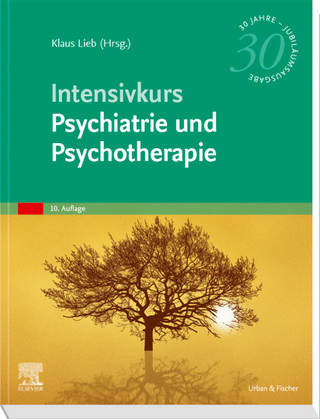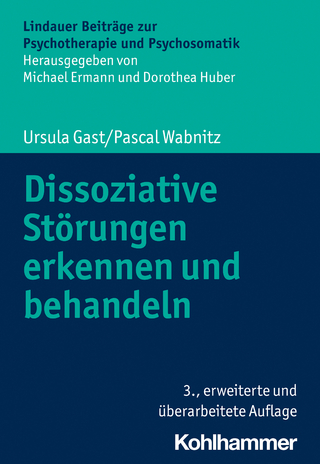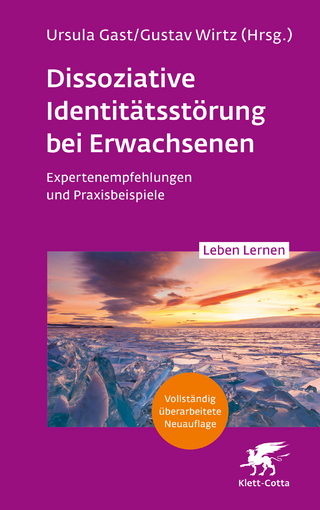Internet Addiction
Hogrefe Publishing (Verlag)
978-0-88937-501-7 (ISBN)
This book examines how you can identify, assess, and treat Internet addiction in the most effective manner. Internet use has become an integral part of our daily lives, but at what point does Internet use become problematic? What are the different kinds of internet addiction? And how can professionals best help clients?
Internet addiction refers to a range of behavioral problems, including social media addiction and, internet gaming disorder. This compact, evidence-based guide written by leading experts from the field helps disentangle the debates and controversies around Internet addiction and outlines the current assessment and treatment methods. The book presents a 12-15 session treatment plan for Internet and gaming addiction using the method and setting with the best evidence: group CBT. Printable tools in the appendix help clinicians implement therapy.
This accessible book is essential reading for clinical psychologists, psychiatrists, psychotherapists, counsellors, social workers, teachers, as well as students.
Daria J. Kuss, PhD, is a chartered psychologist, chartered scientist, and program leader of the new MSc Cyberpsychology at Nottingham Trent University, UK. She is an award-winning author and internationally recognized expert on Internet addiction, and is regularly invited to deliver keynotes on her research around the world. Halley M. Pontes, PhD, is a chartered psychologist (CPsychol) and founder of the Portuguese Society of Behavioral and Technological Addictions. He is a lecturer in psychology and his main research interest relates to the issue of psychometric assessment of behavioral addictions (e.g., Internet addiction, Internet gaming disorder, and social networking addiction). Dr. Pontes has published over 70 refereed studies, including empirical studies, book chapters, and conference presentations
Dedications
Acknowledgments
1 Description
1.1 Terminology
1.2 Definition
1.2.1 Motives and Types of Internet Addiction
1.2.2 Addiction, Excess, and High Engagement in Internet Addiction
1.3 Epidemiology
1.4 Course and Prognosis
1.5 Differential Diagnosis
1.6 Comorbidities
1.7 Diagnostic Procedures and Documentation
2 Theories and Models of Internet Addiction
2.1 The Cognitive-Behavioral Model
2.2 The Syndrome Model of Addiction
2.3 The Components Model of Addiction
2.4 The Neuropsychology-Based Model
2.5 The Interaction of Person-Affect-Cognition-Execution Model
3 Diagnosis and Treatment Indications
4 Treatment
4.1 Methods of Treatment
4.1.1 Individual Therapy
4.1.2 Integrating Family and Significant Others in the Therapy
Process
4.1.3 Group Therapy
4.2 Mechanisms of Action
4.3 Efficacy and Prognosis
4.4 Variations and Combinations of Methods
4.5 Problems in Carrying Out the Treatments
4.6 Multicultural Issues
5 Case Vignette
6 Further Reading
7 References
8 Appendix: Tools and Resources
| Erscheinungsdatum | 10.12.2018 |
|---|---|
| Reihe/Serie | Advances in Psychotherapy - Evidence-Based Practice ; Vol. 41 |
| Verlagsort | Toronto |
| Sprache | englisch |
| Maße | 177 x 254 mm |
| Themenwelt | Geisteswissenschaften ► Psychologie ► Persönlichkeitsstörungen |
| Mathematik / Informatik ► Informatik ► Web / Internet | |
| Medizin / Pharmazie ► Medizinische Fachgebiete ► Psychiatrie / Psychotherapie | |
| Medizin / Pharmazie ► Medizinische Fachgebiete ► Suchtkrankheiten | |
| Schlagworte | addiction • Internet • Internet addiction • Internetsucht • Psychotherapie |
| ISBN-10 | 0-88937-501-1 / 0889375011 |
| ISBN-13 | 978-0-88937-501-7 / 9780889375017 |
| Zustand | Neuware |
| Haben Sie eine Frage zum Produkt? |
aus dem Bereich
